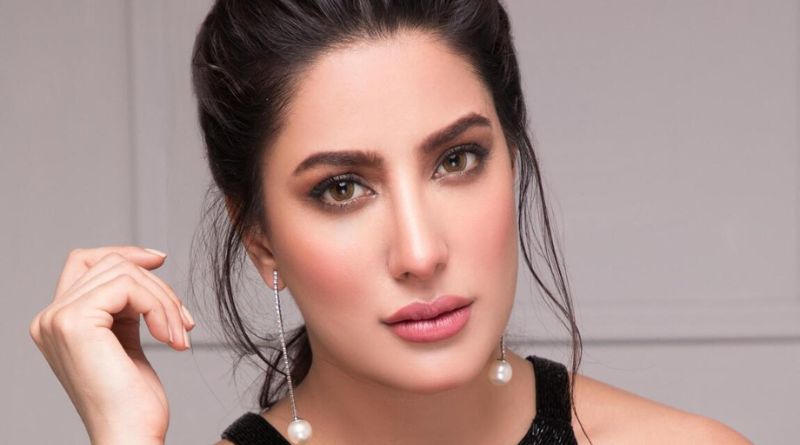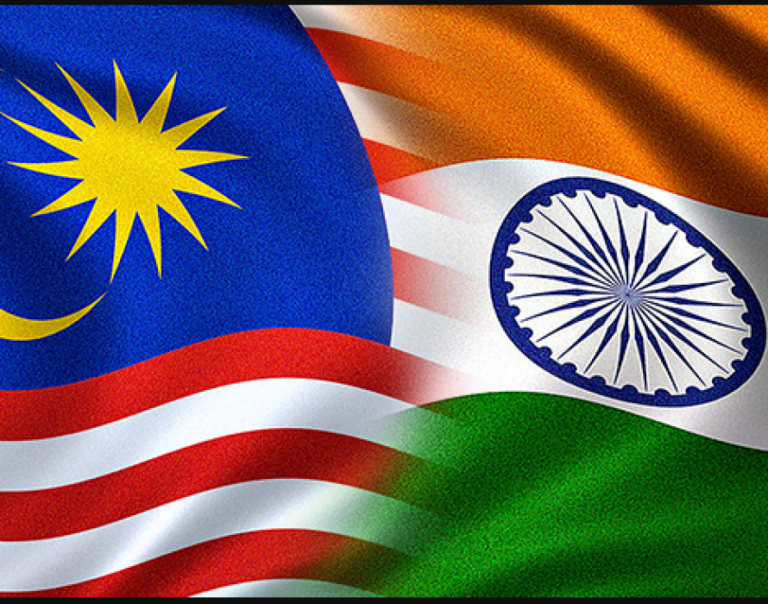Life on Screen: A Reality Television Reading List
More than 20 years ago, when the first season of Survivor debuted, the idea of real people facing off against the elements and one another while I watched from the safety of my couch immediately captivated me. Like the millions of Americans who watched with me, I thought the winner would be a man who could hunt and fish, build a fire from nothing, and charm the other participants — not a liar who got the huge prize by lying (and later went to jail twice for failing to pay taxes on those winnings). Soon after, Big Brother debuted, and I was baffled as to how somebody in the pre-Twitch live stream era would consent to be on camera continuously.
Since then, America and I have lost much of our naiveté.
The term “reality TV” is frequently used to refer to the type of entertainment that Big Brother and Survivor helped to popularise: personality-driven, competition-based shows with finger-waving drama queens, buff would-be influencers, and first-person “confessionals” where insults are exchanged and scores are settled. They are the fast food of television: a detested guilty delight. Over the years, I’ve developed a taste for reality TV, from MTV’s The Real World when I was just out of college to the entire range of HGTV makeover programs as a suburban mother of three. While there is much to be laughed at, the emergence of so-called unscripted television has also resulted in a radical shift in the types of people we see on our screens and how we view other people’s lived “reality.”
When the U.S. government was seriously pursuing a Constitutional amendment prohibiting homosexual marriage, the original Queer Eye praised its five gay cast members as unthreatening, all-around decent guys. Twenty years later, same-sex couples are frequently featured on even the most popular home design shows, and nobody seems to notice. Influential programs like Project Runway and Top Chef highlight the incredible amount of labor that goes into producing a work of art, whether it’s a ballgown fit for a queen or a flawlessly puffed souffle. The musical-industrial complex rapidly discards the small-town singers whose expectations it has aroused, as demonstrated by American Idol and its several predecessors, who demonstrate how much talent exists in underappreciated regions of our nation.
Despite all the criticisms that reality TV is silly and trashy, it remains one of the few genres of entertainment that is truly inclusive in terms of age and socioeconomic status. Even though you might not want to watch a Love Island hookup with Grandma and the kids, a significant portion of reality television steers clear of sex, profanity, and violence. With the rise of prestige, TV came drug-dealing science instructors, tormented Mafiosi, and glum 1960s ad execs, while reality shows became a haven for viewers who wanted to avoid gory murders and difficult moral decisions during family TV time. When I had kids, reality television quickly became our preferred genre. We watched So You Think You Can Dance when my daughter was a toddler, spinning around the family room; The Amazing Race when my children were in elementary school and beginning to show an interest in the outside world; and Selling Sunset this summer when my oldest child was home from college, laughing over the most recent staged catfight.
Is it that bad to want the basic, lowest common denominator entertainment offered by reality TV? You could even say it’s a public service in our current frazzled-nerves environment.
Whether you’re a superfan, a critic, or someone who recognizes when a food show isn’t actually about cooking, the authors on this list prove that reality TV is a rich source of cultural commentary.
Rachel Lindsay Has No Roses Left to Burn (Rachel Lindsay as told to Allison P. Davis, Vulture, June 2021)
When The Bachelor aired in 2002, I rolled my eyes and said, “It will never last.” (At the same time, I made the equivalent decision not to invest my meager work-related retirement funds in Amazon stock.) However, The Bachelor did more than just survive; it has also endured long enough to receive some merited criticism for its antiquated perspective on gender relations and lack of diversity. To change that narrative, Rachel Lindsay, an attorney, was chosen as the first Black Bachelorette. Because she wanted a woman like her to be “at the center of a love story,” she agreed. In a way, it was successful because Lindsay is now wed to a man she met on the show.
But behind the scenes, things weren’t exactly perfect. In this essay, Lindsay exposes how the franchise’s creators violated her trust by pretending to embrace change while selecting potential suitors based on their propensity to engage in racially charged conflict. Lindsay’s narrative is a sharp lesson in self-empowerment and is a no-holds-barred description of the harm that reality dating shows can cause in real life. It’s important to distance yourself from someone who pretends to have changed but refuses to accept help, whether it’s a partner or a stalwart member of the TV cast.
I couldn’t be like the previous Bachelorettes, someone who was still residing at home with her parents and whose resume listed “pageant queen.” I practiced law. A federal judge served as my father. I had an impeccable record. I had to be an excellent Black girl who is also Black. I had to be someone the audience could relate to. And up until I made sure I wasn’t, I was a token.
Inside the Real Housewives’ Feminism (Sadaf Ahsan, This Magazine, November 2021)
Sadaf Ahsan acknowledges the wink-wink, nudge-nudge relationship the Real Housewives franchise has always had with its viewers in this adoration of a program that cultural scolds take far too seriously. These women’s lives aren’t “real,” as we all know. The cast members’ faces, whether they reside in Atlanta, Beverly Hills, or Dubai, have been Botoxed and dermabrasion to a smooth, uncanny sameness; the outfits are blinged out and cleavage-baring; and someone will unavoidably claim to detest “drama” while loudly repeating the dubious statement her fictitious friend made at a drunken dinner party. According to Ahsan, the broadcast is reframed as a “televised comic book,” These women are subversive superheroes. They may appear cartoonish, but how frequently do we see elderly women in traditional entertainment? Can’t any woman, whether or not she identifies as a feminist outright, relate to their need to remain relevant in a culture that is all too willing to dismiss them?






